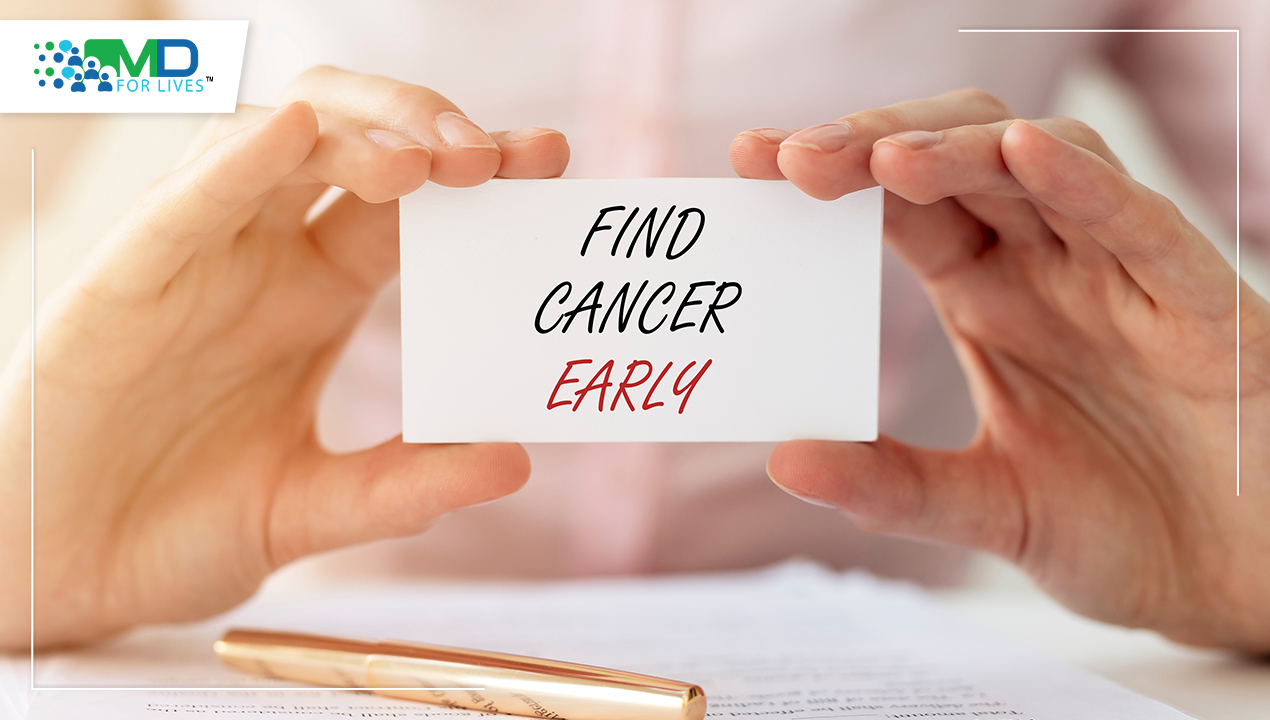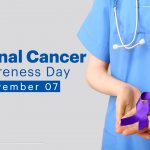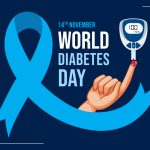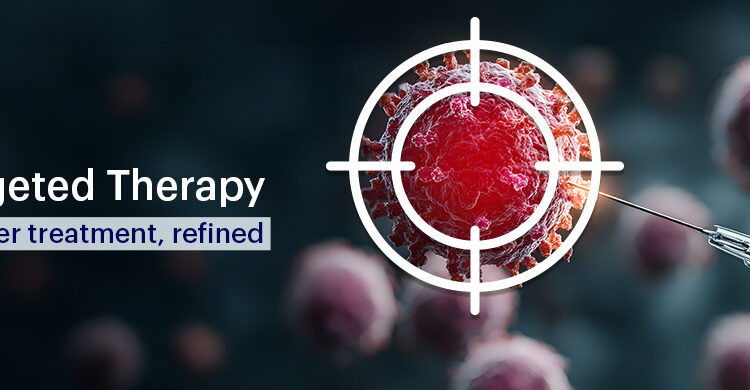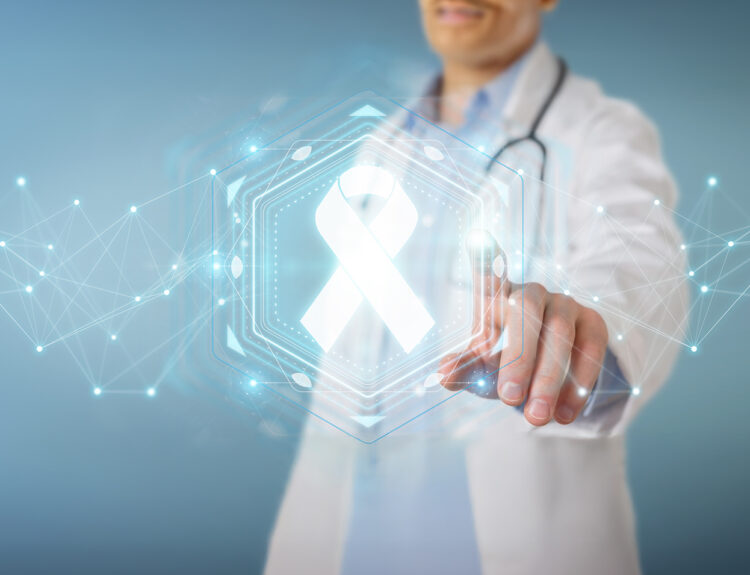Cancer is a formidable opponent that affects millions of lives worldwide. While the cancer treatment journey is undoubtedly daunting, early detection continues to be a ray of hope in the battle against this formidable ailment. Oncologists are unanimous in their belief that early detection significantly improves treatment outcomes and increases the chances of survival. However, even with progress in disseminating cancer-related information, a staggering 33% of oncologists cite lack of patient awareness as a serious challenge in the path to effective cancer treatment.
In this blog post, let’s take a closer look at the pivotal role that early detection plays in the journey of cancer treatment, while also discussing the hurdles created by a lack of patient awareness.
Importance of Early Detection in Cancer Treatment Journey
In the world of oncology, where uncertainty and challenges often prevail, there is one resounding belief shared by every oncologist – early detection can significantly impact cancer outcomes. This unanimous consensus is a testament to the critical role that early detection methods play in the fight against cancer.
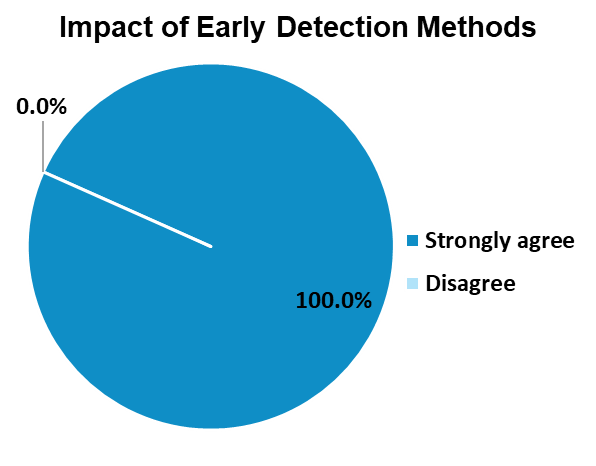
Cancer, a complex and multifaceted disease, presents unique challenges at every turn of a cancer patient journey. From the moment of diagnosis to the selection of treatment options and the subsequent prognosis, the timing of detection emerges as a central determinant of the patient’s fate.
Here are a few ways in which early detection can positively impact the fight against cancer:
1. Improved Treatment Success
Early detection of cancer is often the key to successful treatment. When cancer is diagnosed at an early stage, it is typically easier to treat and the chances of a full recovery are significantly higher. Early detection can at times be the distinction between a complete recovery and a prolonged, intricate treatment process.
2. Fewer Aggressive Treatments
Detecting cancer in its early stages may allow for less aggressive and invasive treatment options. This can result in a better quality of life for the patient, with fewer side effects and a faster recovery.
3. Increased Survival Rates
Statistics show that cancer patients diagnosed at an early stage have higher survival rates compared to those diagnosed at a later stage. This emphasizes the critical role of early detection in cancer treatment and improving cancer patients’ experience.
Here’s a noteworthy stat that proves that the survival rate has gone up – all thanks to early detection:
Survival rates for female breast cancer have improved significantly. In the mid-1970s, it was 75%, but for those diagnosed between 2011 and 2017, it reached an impressive 90%. This progress is due to better early detection and effective hormonal treatments. Mammography screenings have also played a big role in this progress.
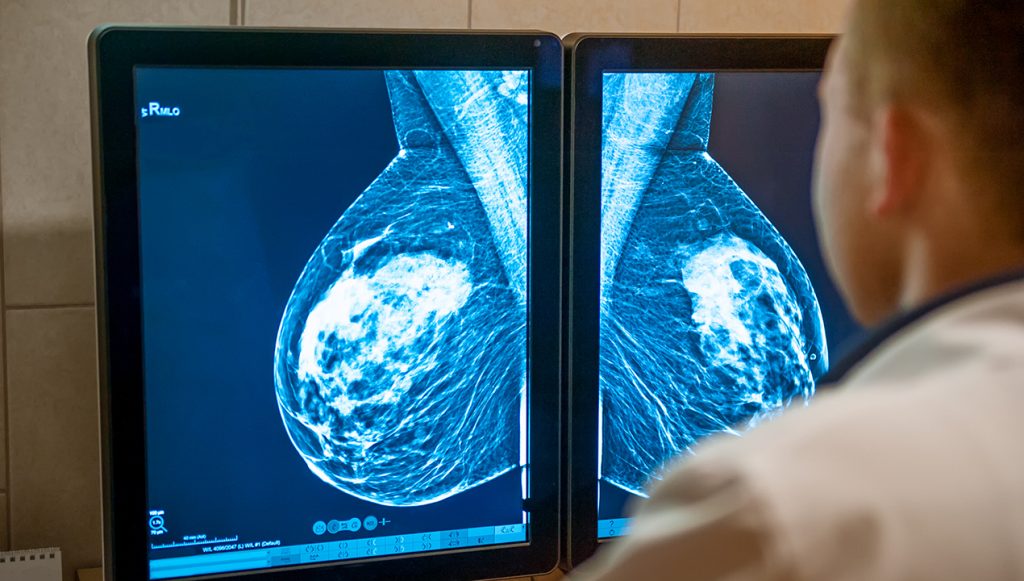
It’s worth noting that when breast cancer is detected at stage I, the 5-year relative survival rate nearly reaches 100%. However, the outlook becomes significantly more challenging for those diagnosed at stage IV, with the survival rate dropping to 28%.
Oncologists’ Insights: Recommended Early Detection Screenings
Among the oncologists surveyed, a significant portion, approximately 29%, strongly recommend regular Pap Smears as a key early detection screening method. Pap smears are instrumental in identifying cervical cancer in its early stages, allowing for timely intervention and treatment.
Furthermore, approximately 22.6% of oncologists advocate for colonoscopy as an essential screening procedure. Colonoscopies are vital for the early detection of colorectal cancer, which, when identified early, offers a higher likelihood of successful treatment and improved patient outcomes.
Mammography, a well-established tool in the battle against breast cancer, is also endorsed by around 19.4% of the surveyed oncologists. Routine mammograms play a crucial role in the early detection, empowering individuals to address potential concerns before they progress to more advanced and challenging stages of cancer.
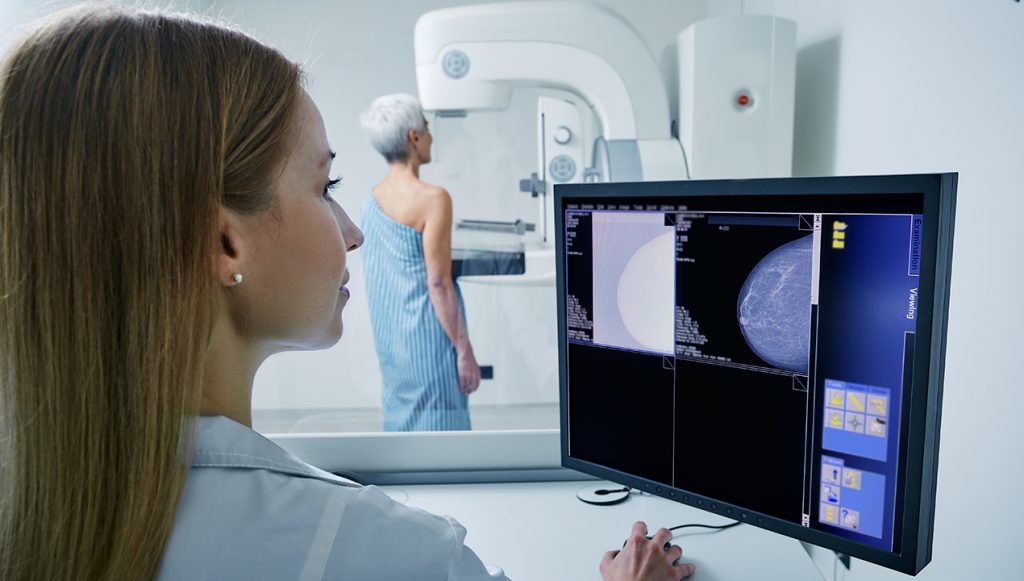
This screening method also serves as a preventive measure against breast cancer recurrence, offering relief and making a breast cancer patient journey less arduous.
The chart below illustrates the other cancer screening methods recommended by oncologists:
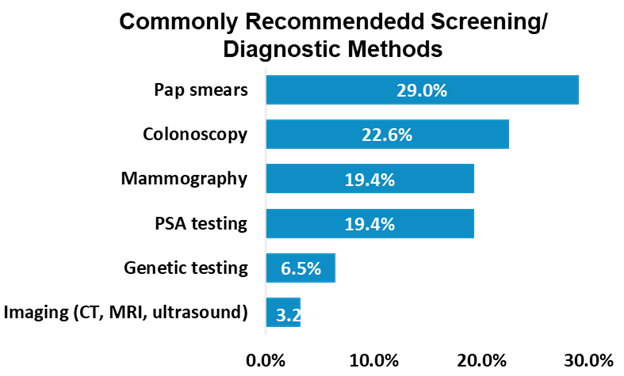
The prevalence of these widely recommended early detection screenings highlights the crucial role of routine check-ups and screenings. This consensus reaffirms that early detection is a cornerstone of improved treatment outcomes and positive cancer patients’ experience.
The Impact of Limited Awareness on the Cancer Patient Journey
The results of our recent comprehensive survey, which focused on gauging “Oncologists’ Awareness of the Significance of Early Detection Methods,” have been nothing short of eye-opening. What truly surprised us is the staggering fact that 33% of oncologists, the very experts at the forefront of cancer treatment, have pointed out a rather concerning issue – lack of patient awareness.

Here are some of the issues resulting from insufficient patient awareness that affect cancer treatment:
1. Delay in Diagnosis
Among the foremost obstacles, a notable challenge arises from delayed diagnoses resulting from limited patient awareness. A substantial portion of the population remains oblivious to the early indicators of cancer and the critical role of regular screenings and medical check-ups. This lapse in awareness can culminate in cancer progressing to more advanced stages, making it substantially more complex to treat effectively.
2. Missed Opportunities for Prevention
Early detection not only helps with treatment but also with cancer prevention. Patient safety awareness can lead to the adoption of healthier lifestyles, regular screenings and the avoidance of risk factors, which can ultimately reduce cancer incidences.
3. Psychological and Emotional Impact
Late-stage cancer diagnoses can have a severe psychological and emotional impact on patients and their families. The shock and distress of a late-stage diagnosis can add to the challenges of navigating the cancer treatment journey.

In addition to the issue of patient awareness, another significant worry is the reluctance or fear some patients have about getting screened. This concern was mentioned by 25% of the surveyed oncologists. This hesitance often arises from apprehensions related to potential diagnoses, the discomfort of screening procedures or misconceptions about the process. Overcoming these anxieties and misinformation is crucial in promoting early detection and helping patients understand that screening can be a powerful tool to beat cancer.
Effective communication and education plays a pivotal role in alleviating these fears.
Oncologists’ Outlook on Ongoing Research & Innovation in Cancer Treatment
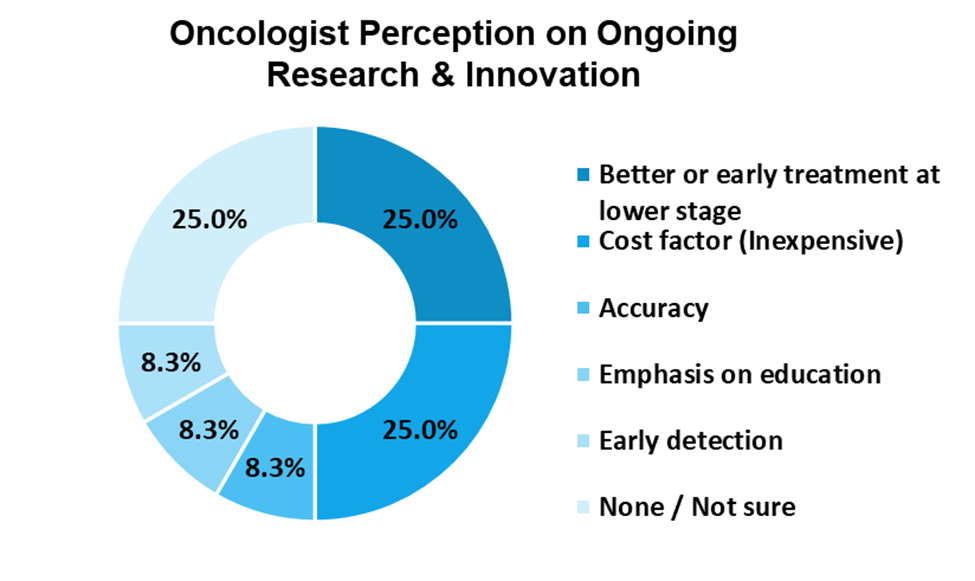
The perspectives of oncologists on current cancer treatment research and innovation offer valuable insights. Notably, 25% of the surveyed oncologists emphasized the significance of advancing early treatment at lower cancer stages as a key factor in further improving cancer outcomes. Simultaneously, an additional 25% of respondents highlighted concerns related to cost factors, emphasizing the need for more cost-effective and accessible treatment solutions.
These diverse viewpoints highlight the multifaceted challenges and opportunities that the field of cancer care and treatment presents, as it strives for continuous improvement.
Conclusion:

The collective wisdom of oncologists emphasizes that early detection is not just a medical concept; it’s a lifeline for patients, offering the promise of better outcomes and a brighter future. In this journey of hope and healing, let’s continue to work together to improve cancer awareness, advocate for early detection and champion ongoing research and innovation in the relentless fight against cancer.
In our shared mission to improve the cancer treatment journey, we invite oncologists to participate in MDForLives’ paid medical surveys. Your valuable insights can help us make even more significant strides in improving cancer care.
References:
- Oncology, MDFL Survey Data
- American Cancer Society Journal – Cancer treatment and survivorship statistics, 2022
Source: acsjournals.onlinelibrary.wiley.com

MDForLives is a global healthcare intelligence platform where real-world perspectives are transformed into validated insights. We bring together diverse healthcare experiences to discover, share, and shape the future of healthcare through data-backed understanding.

